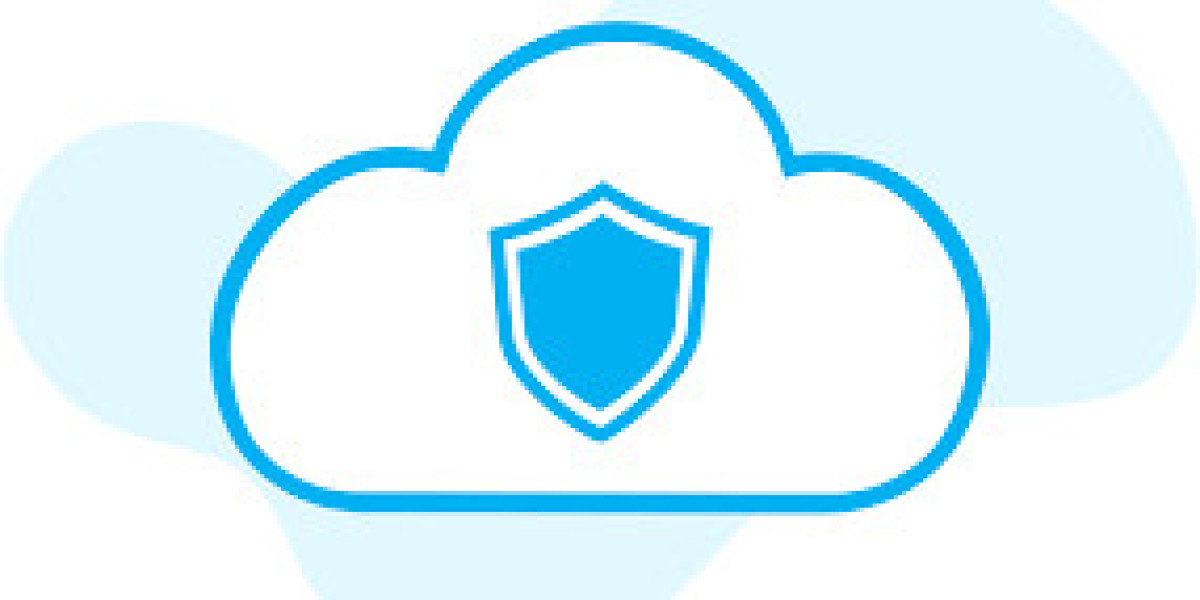The global imperative for secure data exchange has ignited a vibrant and rapidly expanding technology sector. The Cloud MFT Service Market represents the cutting edge of this movement, offering businesses a powerful, cloud-based solution to govern their most critical data flows. This market is experiencing a surge in demand, driven by the overarching trends of digital transformation, the explosion of big data, and the escalating sophistication of cybersecurity threats. As organizations of all sizes migrate their operations to the cloud and engage in increasingly complex digital supply chains, the need for a secure, reliable, and auditable method for transferring files has transitioned from a niche IT requirement to a fundamental business necessity. This has created a fertile ground for innovation and intense competition among a diverse range of technology providers.
To understand its structure, the market is typically segmented based on several key criteria that reflect its diverse applications. By solution, it is divided into software and services, with the software component often delivered via a Software-as-a-Service (SaaS) model, while services include implementation, consulting, and fully managed offerings. Segmentation by organization size distinguishes between the needs of small and medium-sized enterprises (SMEs), who often seek user-friendly, all-in-one solutions, and large enterprises, who require highly scalable, customizable platforms with deep integration capabilities. The most critical segmentation is by industry vertical, as sectors like Banking, Financial Services, and Insurance (BFSI), healthcare, retail, and manufacturing all have unique data security requirements and regulatory mandates that MFT solutions are specifically designed to address.
The competitive landscape of the Cloud MFT market is a dynamic mix of established leaders and innovative challengers. Legacy MFT vendors, who traditionally offered on-premise software, are aggressively transitioning their products to the cloud to meet customer demand. At the same time, a new generation of cloud-native MFT providers is emerging, often offering more agile, API-driven solutions that are deeply integrated with the modern cloud ecosystem. The primary battleground for differentiation is no longer just security but also ease of use, the depth of automation capabilities, and the ability to integrate seamlessly with a broader set of enterprise applications, including Enterprise Resource Planning (ERP) and Customer Relationship Management (CRM) systems. Strategic partnerships with major cloud providers like AWS, Azure, and Google Cloud are also crucial for market success.







